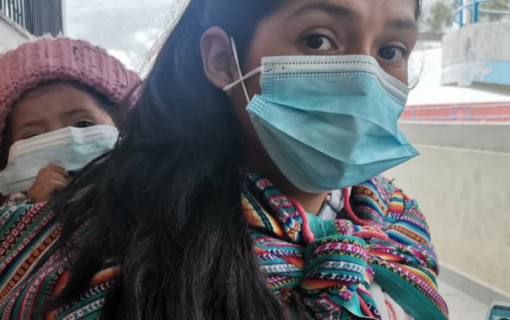Pre-Election Assessment West Bank & Gaza
EXECUTIVE SUMMARY
The International Foundation for Electoral Systems (IFES) is a private, non-profit and nonpartisan foundation established in 1987 with a mandate to monitor, support, and strengthen the mechanics of election processes in emerging democracies and to undertake appropriate education activities which contribute toward free and fair elections. IFES fulfills its objectives through programs in technical election assessments, on-site technical assistance, poll worker training, citizen education in democracy, and election observation. IFES also serves as a resource center for election-related information and experts.
Shortly after the signing of the Declaration of Principles (DOP) on September 13, 1993, IFES staff began contacts with Palestine Liberation Organization (PLO) officials and representatives in the United States, Europe and the Middle East to explore possibilities for providing technical assistance in preparation for the Palestinian Council elections scheduled for 1994 according to the terms of the DOP. In December 1993, IFES' Chief of Staff, Mr. Jeff Fischer, met in Tunis with senior PLO officials.
With funding from the Agency for International Development's (A.I.D.) Asia and Near East Bureau, IFES sent a two-person team to Tunisia, Israel, the West Bank and Gaza to conduct a survey on the prospects and plans for Palestinian elections to be held under the framework of the September 13 Declaration of Principles.
The IFES team of Keith Klein and Adila R. Laidi first visited Tunis, and held meetings with the PLO leadership. Subsequently, they traveled to Israel, and from their base in Jerusalem had meetings with Palestinians and Israelis in the West Bank, the Gaza Strip and Tel Aviv. They also met with State Department and USAID officials at the U. S. Consulate General in Jerusalem.
The DOP calls for the election of a Palestinian Council to take place in the West Bank and the Gaza Strip within nine months of the DOP's signing. The PLO is also planning to hold municipal elections during this same general time period.
The IFES team identified many areas where fundamentals need to be addressed. The critical factor is financial resources. On this depends the implementation of elementary bases of elections preparations: drafting an electoral code, undertaking a census of the population, and establishing a registration system. Other starting parameters have yet to be defined but are independent of financial considerations. They have to be defined either by the Palestinian leadership or in concert with the Israelis. This set of issues includes with the date of the elections, the competence of the Council, the overarching principles of an elections code, the electoral system adopted and the relation of municipal elections to the organization of Council elections.
IFES has also taken the initiative to consult and coordinate at the outset with U.S. and European governmental and non-governmental organizations as well as with international regional organizations to discuss information-gathering efforts and planning of election assistance.
This report presents the findings of the IFES team and contains a series of recommendations regarding the framework of Palestinian elections, the organization of elections, and the granting of foreign assistance. It is not an historical nor an academic study of political dynamics or movements in Gaza and the West Banle. It concludes with an assessment of steps that must be taken in order to hold elections that will be seen as legitimate in the eyes of Palestinians themselves and the outside world, and the role of external forces in assisting in that task.
Read the Full Report.









